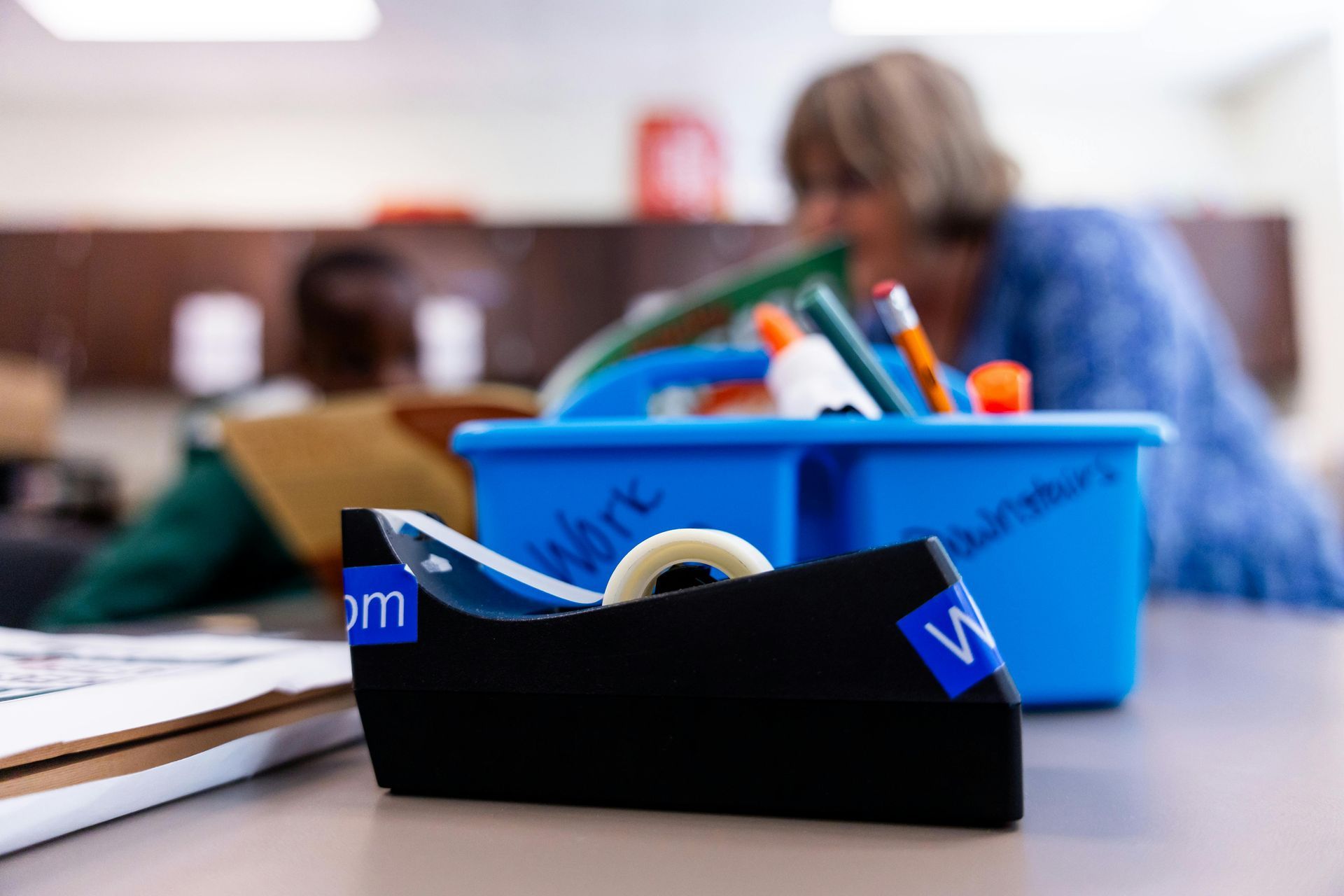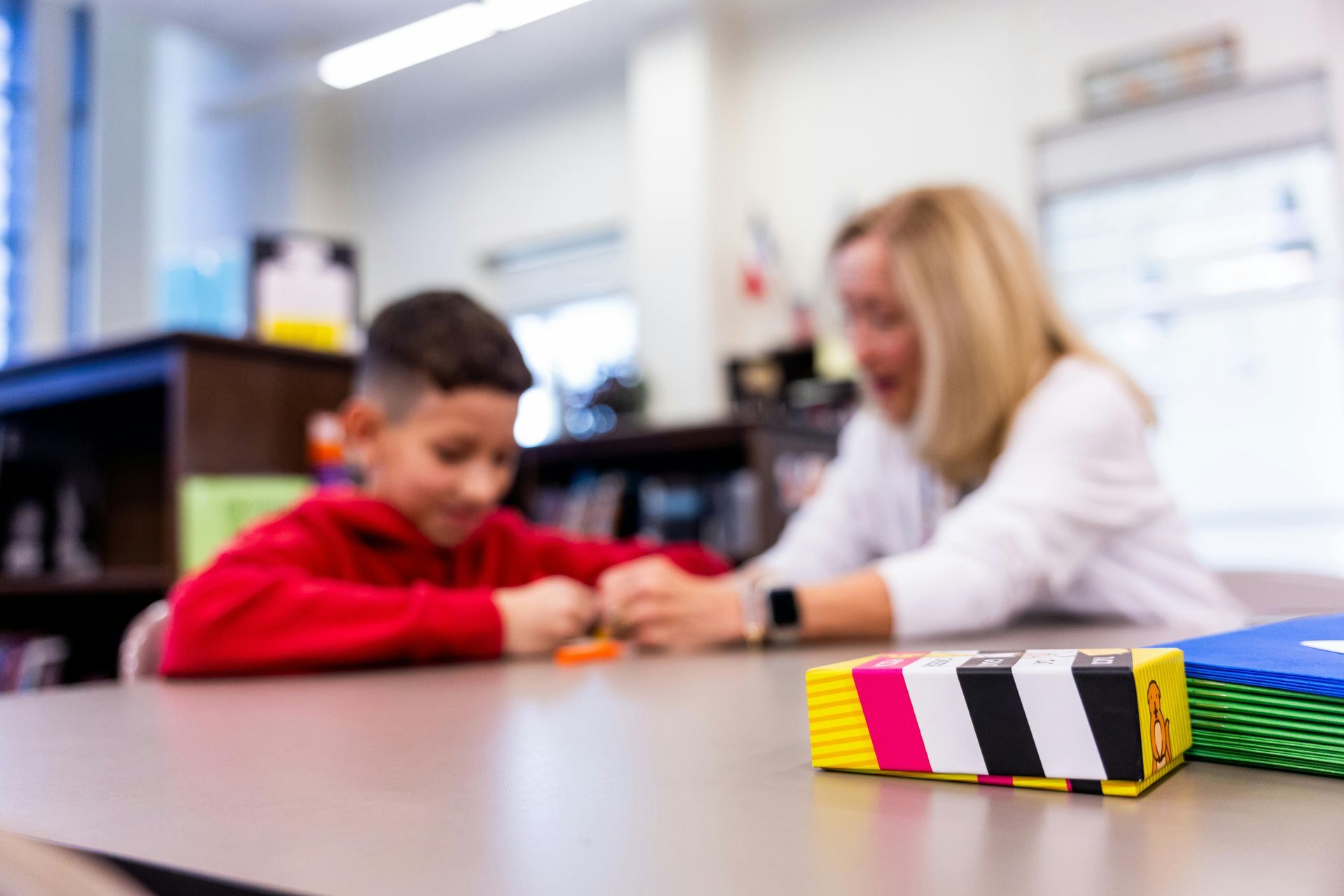Top 10 Parent Teacher Interview Tips
Parent teacher interviews are an important part of a teacher's role and help establish a strong partnership between educators, parents, and students. At HARKE Recruitment, we understand that parent teacher interviews can be tricky to navigate, especially for new teachers but communication between teachers and parents is necessary. To help you make the most out of your parent-teacher interviews, we've put together a list of practical tips that will ensure a successful and productive meeting.
1. Prepare Ahead of Time:
Make sure to thoroughly review each student's academic progress, assessments, and any specific concerns. By doing this, you will have a solid foundation for discussing the child's development with parents. Develop a structured agenda highlighting key discussion points so you don’t miss any important details. You might also want to share this with parents in advance to ensure everyone is aligned and maximises the meeting's efficiency.
2. Set on a Positive Tone:
Always start the meeting by emphasising the student's achievements and strengths. Acknowledge their hard work, notable improvements, and outstanding contributions.
This sets a more encouraging and constructive atmosphere that encourages parents to share their perspectives and concerns. Actively listen and empathise, to build a foundation of trust and open communication.
3. Provide Examples for Effective Communication:
Illustrate your points with specific examples of the student's performance, behaviour, and participation in class. This means you should be taking notes throughout the year. This provides parents with tangible insights into their child's progress. When you are addressing areas for improvement, offer actionable steps that both teachers and parents can take to support and monitor the student's growth.
4. Encourage Parental Involvement:
Stress the importance of working together with parents to achieve positive results. Provide practical strategies that parents can take to help make improvements at home and to actively engage in their child's learning journey. It’s important to provide parents with resources such as recommended reading materials and online platforms/resources to help them stay connected and supportive of their child's education.
5. Establish Clear Goals and Expectations:
Define achievable goals for the student and discuss these with parents to ensure they are clear. This mutual understanding ensures that everyone is working towards the same objective of improving the child’s education. Specifically outline expectations for both the student and parents in terms of responsibilities, deadlines, and ongoing communication.
6. Celebrate Progress and Milestones:
Recognise and celebrate the student's achievements, no matter how small. This boosts their confidence and reinforces the importance of hard work and discipline. Involve the parents in this process as it will keep them engaged and motivated to continue supporting their child's education.
7. Provide Personalised Support Strategies:
Tailor your approach to cater to the unique learning style, personality and needs of the student. Discuss specific strategies and techniques that will be used in the classroom and encourage parents to share insights into their child's learning preferences, enabling a collaborative effort to provide the best possible support.
8. Address Concerns with Sensitivity and Solutions:
Before the meeting ends, check for any concerns or challenges and approach them with empathy and a problem-solving mindset. Work together with parents to devise actionable solutions and reassure parents that you are committed to their child's success. Make it clear that you value their input in finding effective resolutions.
9. Follow Up and Stay Connected:
After the meeting, provide a detailed summary of all of the talking points, including agreed-upon action steps and strategies. This reinforces the shared commitment to the student's progress and can be tracked to compare progress later. Keep communication open throughout the academic year, providing regular updates on the student's achievements, challenges, and growth.
10. Seek Feedback and Continuous Improvement:
Encourage parents to share their feedback on the meeting and their child's progress. This shows your commitment to continuous improvement and collaboration. The feedback is critical to help you refine your approach for future parent-teacher interactions.
Conclusion:
Parent teacher interviews can be daunting and stressful, but mastering the art of parent teacher interviews can be a powerful tool in creating a thriving educational environment. These tips, designed to enhance communication and collaboration, can significantly impact a student's success. At HARKE Recruitment, we believe that strong teacher parent relationships are the cornerstone of a successful education.
Whether you're a teacher seeking a new opportunity in education or a school looking for exceptional educators, reach out to us. Together, we can shape a brighter future for students across Australia. Remember, a successful parent teacher interview is not just a conversation; it's a collaboration for the betterment of the child's education.










